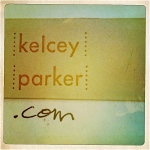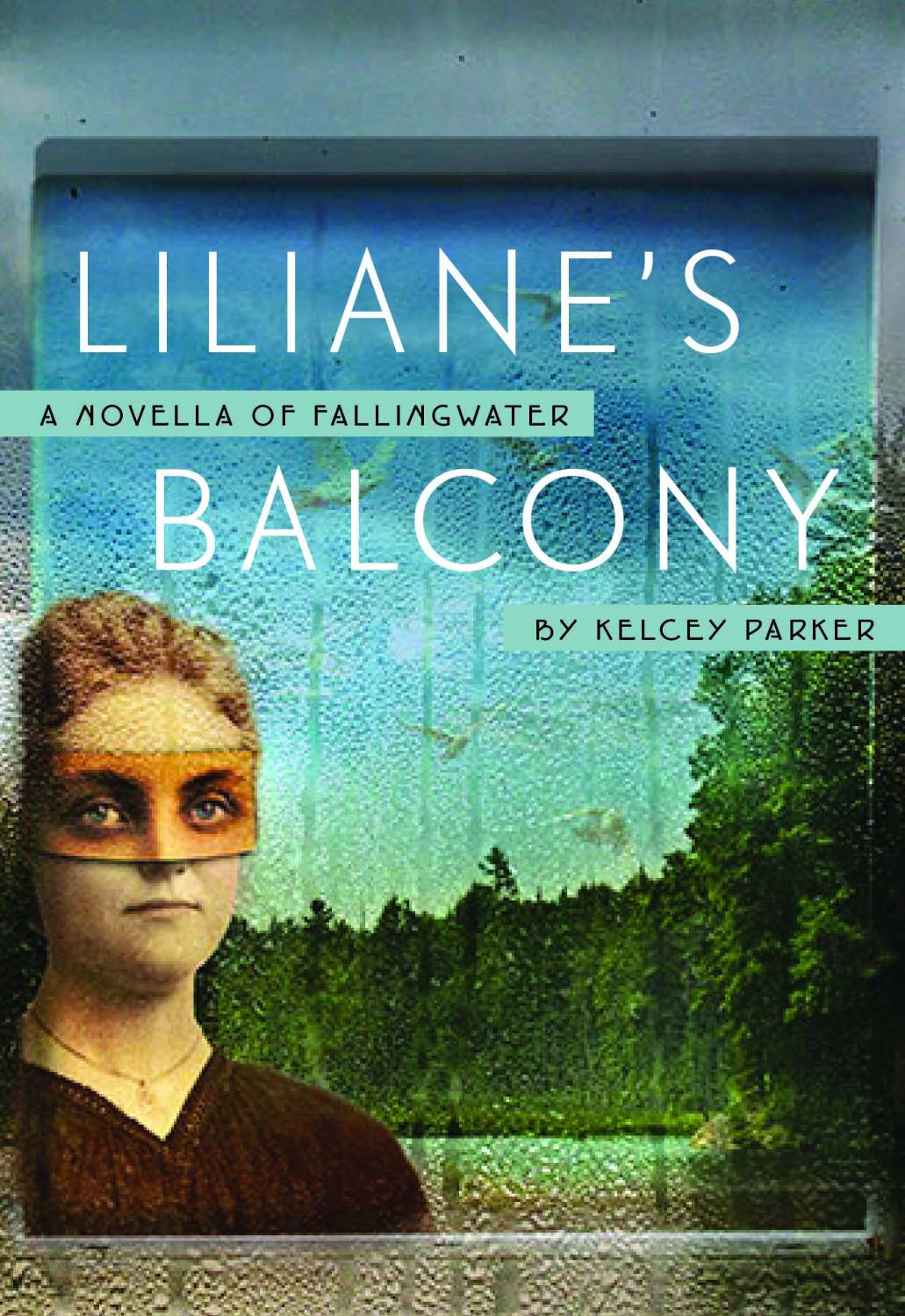I liked the way in writing I also felt like I was doing something magical. I don’t know how else to describe it, but I went chasing after that feeling ever since.

Douglas Cole has had work in the Chicago Quarterly Review, Red Rock Review, and Midwest Quarterly. He has published two poetry collections—Interstate (Night Ballet Press) and Western Dream (Finishing Line Press)—as well as a novella called Ghost with Blue Cubicle Press. He is currently on the faculty at Seattle Central College in Seattle, Washington.
Featured at Talking Writing: This interview is part of a partnership with Talking Writing magazine. The How to Become a Writer Series here at PhD in Creative Writing includes interviews with Talking Writing’s featured writers. Here is the beginngin of Douglas’s story “Wanderers” published at Talking Writing:
Out in the dark field, Ronnie was running. I was running, but my gut was too full of beer to keep it up. She came back with a few deep breaths and hands on hips. John wasn’t even trying. I love that guy, but he’s soft in the middle—a soft, Connecticut, slow-moving mescaline freak.
Read more by and about Douglas:
Story: “Wanderers” at Talking Writing
Story: “Standing In Hawaii” at Baltimore Review
Poem: “Counsel” at Eckleberg Review
Three Poems at Black Heart Magazine
How Douglas Cole Became a Writer
This is the next installment in the How to Become a Writer interview series at Ph.D. in Creative Writing. Each writer answers the same 5 questions. Thanks to Talking Writing for sharing their writers, and thanks to Douglas for his answers!
1. Why did you want to become a writer?
When I was a kid in school, one of my English teachers assigned Dalton Trumbo’s Johnny Got His Gun. It was the first book I ever read all the way through. I was hooked, you know? I couldn’t put it down and just became completely absorbed in it. It was very addictive and set me on a voracious reading journey. I think that was when I first caught a glimpse of the magic of words and stories. Later, in another English class, my teacher, Mrs. Sheridan, had us write a descriptive piece. We were sitting in class, so I decided to just describe what I saw around me in the room. I don’t remember it, except I remember that I ended it with a description of a poster on the wall of a ballet dancer and the words at the bottom of the poster: Twyla Tharp. I was just fooling around, but she liked it and ended up reading it to the class. I liked that feeling. I liked feeling good at something. And I liked the way in writing I also felt like I was doing something magical. I don’t know how else to describe it, but I went chasing after that feeling ever since.
2. How did you go about becoming a writer?
I read everything I could, everything that I thought would teach me something, even if I didn’t think I liked it at the time, like if I had heard it was an important work. If a teacher assigned a story or a poem and I liked it, I’d go find that writer’s books. I’d go to Moe’s Bookstore and in a groping way just scan other books and read the first paragraph if a title caught my eye, give it that test and see if it grabbed me. And once I started something I would never put it down without finishing it. I felt almost a moral obligation to go all the way. And if I found writers I liked, I would absorb everything I could. I’d read everything they had written, even biographies and critical stuff on them and their work. I realize I was listening like a safe-cracker. And I treated everything as somehow connected, or I’d look for a connection. Movies, for example, and how a filmmaker tells a story and sets a pace and a mood and works an image. Music, the same thing. How does a song work like a poem or a story, or what does it do differently that can be converted, and what does it do that I want to do? All my classes in college: philosophy, history, science, weight training, tennis! What could they contribute? How did they relate? What could they teach me that would work for writing? I was that conscious about it. Friends? Any moment? I always thought in terms of creating. Not to sound pretentious, but I remember reading Joyce say that he wanted to convert the bread of everyday to the holy host. I took it that seriously.
3. Who helped you along the way, and how?
Charlie, Chris and Mike Steele. I met them when I was sixteen. Chris was going to PSR, the Pacific School of Religion, where my mother was a student. She and my mother were friends. And Chris brought her brother Charlie down to stay, there in Berkeley, right after he had finished college, and he and I became friends. On my seventeenth birthday, he gave me a copy of A Hundred Years of Solitude with a big fat joint taped to the inside cover. Then their brother Mike came down a little while later. He was an actor and a musician and a writer. They were all talented musicians and writers and scholars, just beautiful people, physically, energetically. And they had such a rich vocabulary for the world and love for art and music and literature. Charlie turned me on to Richard Hugo and Joni Mitchel and Bob Dylan and Miles Davis. They were intellectuals, poets, people who lived with passion and never said a dull thing or yawned. And I connected with them right away. They inspired me to love even more deeply what I already loved, and they helped make my love of the arts cool. They’re still my family. I love them dearly and feel I owe them a great deal in terms of finding what would be the only real community I ever wanted in connection to writing. I’ve always been pretty private about it.
 4. Can you tell me about a writer or artist whose biography inspires you?
4. Can you tell me about a writer or artist whose biography inspires you?
Reading Douglas Day’s biography of Malcolm Lowery was almost as harrowing as reading Under the Volcano. I knew I was reading a genius, though, when I read Richard Ellman’s biography of Joyce. I couldn’t finish The World as a Lie, though, the biography of James Dickey. And that’s unusual for me. I love Dickey’s work, of course, but I was going through some rough time, to be honest, and I just couldn’t handle it. I still intend to go back and read it. I think that’s one of the only times I can remember not finishing something I started. But as I get older, I’ve come to let go of that imperative a little. When you have less time, you treat it more dearly. I love biographies, though. When I’m in a good one, it’s like time travel or shape-shifting. A crazy leap into another world. Negative capability. Cold but intimate friends.
5. What would you say in a short letter to an aspiring writer?
Read. Read everything you can. Study the world and write all the time in all forms and no form at all. Just write. Don’t even think about publishing or money or fame. Just write and reach for that illusive image in your mind. I love what William Faulkner said when he received the National book award. He said “I accept this on behalf of all, who like me, failed. Failed to create what we imagined in our minds, but in failing set out to get closer the next time.” Keep your crap detector on, especially with yourself. But also have compassion. We’re all struggling. So be open. Think. Look for the connections. Experiment and be joyous. Like John Gardner said, “Write what you’d like to read.” Write and write and write freely without concern for punctuation or intellectual coherence. Follow music, like Hugo said. Meaning will come. And when you revise, revise ruthlessly. But always save a holy space for the private prayer of writing with no intention for public consumption. That’s your gold. That’s your soul. Never sign anything in blood except for love. Dive into the dream and the unconscious ocean. Steal without guilt. See through the eye that’s seeing and record your vision in whatever languages you know or create. Have no fear. You’re always all right.




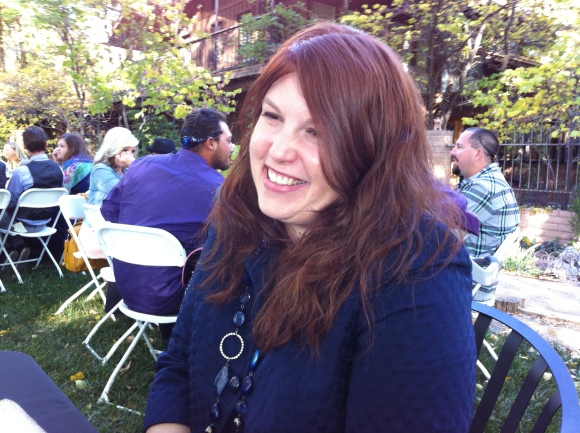
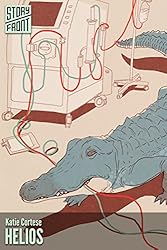






 Read more by and about Jen:
Read more by and about Jen:


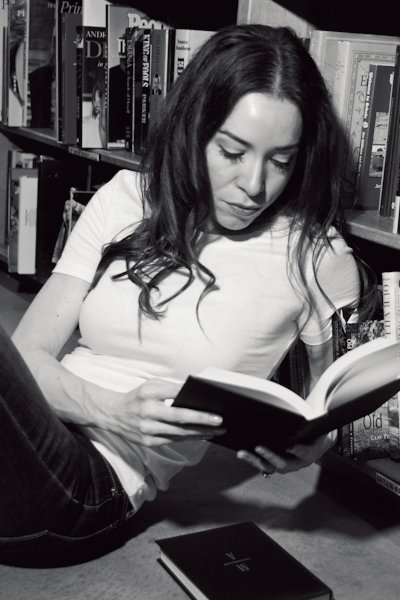




 Read more by and about Andrew:
Read more by and about Andrew: 2. How did you go about becoming a writer?
2. How did you go about becoming a writer? 3. Who helped you along the way, and how?
3. Who helped you along the way, and how?


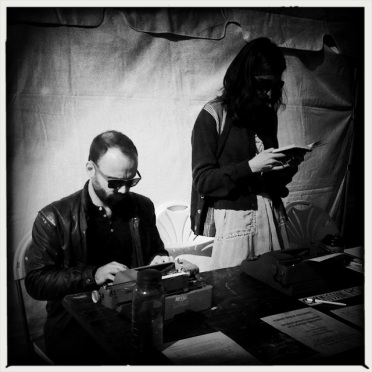
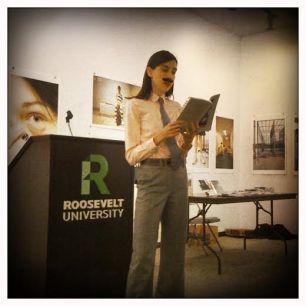
 4. Can you tell me about a writer or artist whose biography inspires you?
4. Can you tell me about a writer or artist whose biography inspires you?








